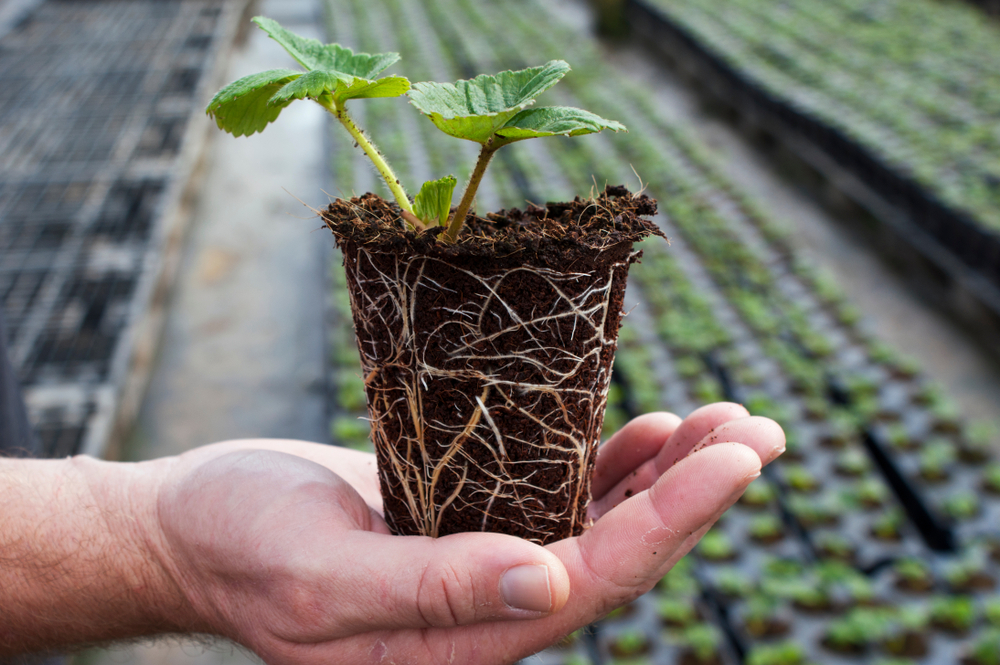Regardless of whether your garden has an aesthetic focus (ornamental only) or a productive (food producing) focus there are many small, simple to implement and relatively low cost techniques which can easily be introduce to improve the overall friendliness of the garden.
Eco-gardening is a way of making the garden more self-sustainable by reducing the energy /water the garden uses up, improving air circulation, promoting recycling, attracting wildlife and in essence being less wasteful.
It’s something that has been particularly important over the past decade, as we look for more and more ways to protect our environment and limit the damage we leave during our time here. It also never hurts the pocket to find ways to be more frugal with our approach to gardening, so we’ve put together some tips for making your garden more Eco Friendly.
- Water early in the morning or late at night. One of the best ways to get start is to look at ways in which you can reduce the amount of water used in the garden around the year. Water plants early in the morning or late at night. Watering during hot periods (such as lunchtime and early afternoon) when the sun is at its strongest will waste water due to evaporation and will be less beneficial to the plants themselves.
- Introduce drought-resistant plants. There are many great drought resistant plants which can be introduced to the garden and will thus reduce the dependence on manual watering during dry periods.
- Plant trees in the garden. To improve the purity of air you could try planting some larger trees. Not only will they look beautiful through the year they will help improve the circulation and quality of air. The role of trees is not one to underestimate. They produce the oxygen we need to survive and also help to remove particles from the air that could potentially be harmful. They also act as protection to other plants, provide a cooling shade in the summer and also can help reduce noise for your garden.
- Reduce Electricity used in the garden. By reducing the overall amount of electricity the garden uses your bills will come down and you will be using less national resources. This can only be a good thing, and combined with the work done by wind farms and solar panels we should see an overall reduction in usage from the national grid.
- Use solar garden lighting. Instead of using large outdoor lighting you could try to introduce some solar garden lights. They come in many shapes, sizes and budgets and can easily be installed.
- Choose alternatives to chemicals/pesticides. Where allowable we suggest using organic pesticides and products in and around the garden. Choose the right product for the job and make sure it will not have any detrimental effect on other insects around the garden. Strong smelling perennials such as Lavender and Rosemary can also have the effect of keeping pests away from you borders so introducing a number of these will help avoid using chemicals.
- Recycling will help create an organic compost or mulch. You can create your own organic compost by recycling gardening waste, food waste and fall leaves. By recycling this waste we will be helping to keep it out of the ever increasing landfills and also will in turn create a moisture retentive and rich compost or mulch that can used around the garden. The plants will benefit hugely from this natural and organic addition to the soil and also will save you buying manure or compost the following year.
- Grow your own fruit, vegetables and herbs. Growing your own fruit, vegetables and herbs is a fun, rewarding and can be a great step towards being less dependent on supermarkets. If you have the space available why not allocate a patch or raised bed towards growing vegetables. You could also look at planting some fruit trees which not only produce great tasting fruit but will add ornamental blossom.



